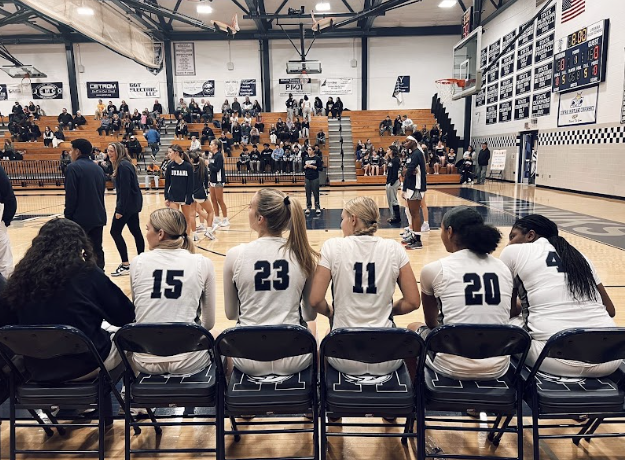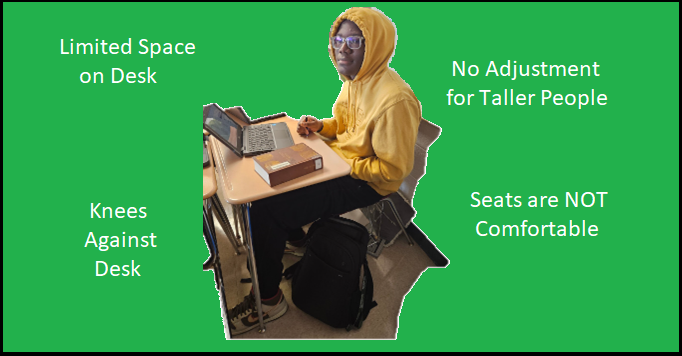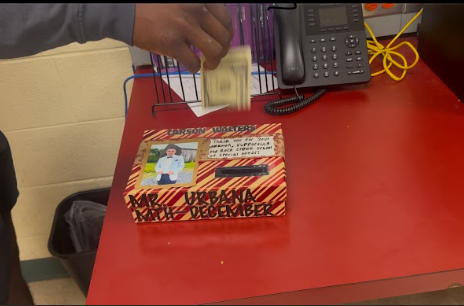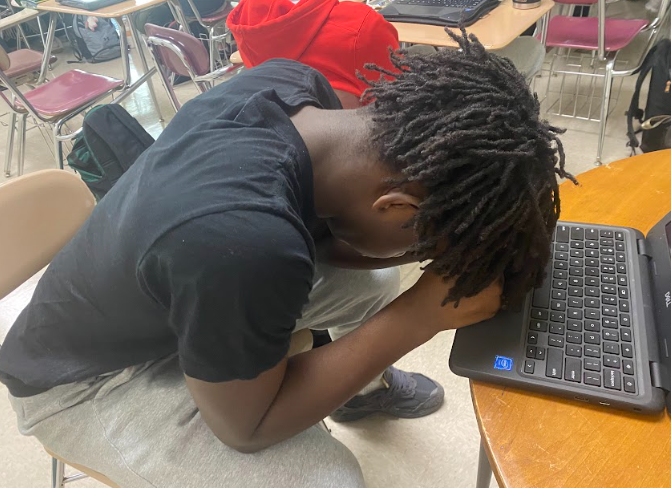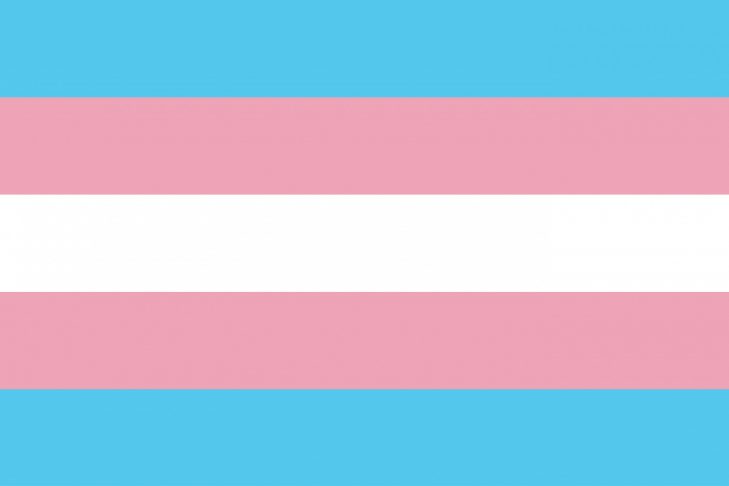The fight for Felons Rights has turned into an issue of Trans Rights in Pennsylvania
January 28, 2020
In Pennsylvania, three transgender women, Chauntey Mo’Nique Porter, Alonda Talley, and Priscylla Renee Von Noaker, have filed a lawsuit against the commonwealth court, the Pennsylvania Department of State, and its acting secretary, Kathy Boockvar. Alonda Talley has an aggravated assault charge in 2009 and Chantey Mo’Nique porter has one from 2008. Von Noakey was convicted of rape in 1987 and served 10 years in prison. In Pennsylvania, convicted felons must wait two years to legally change their name, but those convicted of serious offenses, like aggravated assault or murder, are barred from ever changing their names.
Patrick Yingling, a Chicago-based attorney at the Reed Smith law firm, as well as the Transgender Legal Defense and Education Fund, are representing the plaintiffs. The state claims the law is meant to prevent fraud, but the plaintiffs say that the law is not only regressive, but unconstitutional. Patrick Yingling argues that the law violates due process and the right to privacy. He said in an interview with Rewire.News “The right to control one’s name is protected by the constitution and particularly the Pennsylvania constitution … Someone’s name is a huge part of their identity, their self-definition.”
All three women have been convicted of serious crimes, disabling them from ever changing their names. Alonda Talley explains what being able to change her name means to her in her affidavit: “I have been harassed and had my identity questioned when showing identification in order to vote, and my voting has been delayed longer than those whose identities match their identification” she said in her affidavit.
“It’s important to realize that these are individuals who just want to live their lives with a name that matches their identity,” Yingling said. “It’s a big deal to have to show government-issued identification that doesn’t match your appearance, and to deal with how people may react to that.”
When a transgender person presents documents that identify them as a different gender than what their appearance indicates, they are subjected to harm, violence, or result in them being denied medical care, making accurate identification into a matter of life and death. The 2015 U.S. Transgender Survey found that 32 percent of trans people who presented IDs that didn’t match their presentation had been discriminated against, harassed, or attacked. Sixteen percent said they were denied services or benefits, and another 9% said they had been told to leave because they didn’t match their ID’s.
As time passes and societal norms begin to shift, we can see how the shackles of the law become more apparent. In the past couple of decades, progress towards more equality for all of the most marginalized communities has been made but people that identify if being in the LGBTQ still have an uphill battle for total equality. Transgender men and women still face great discrimination in society.
Citations
- Sossin, Kate. “Transgender Pennsylvanians Challenge State Law Stopping Them From Changing Their Names.” Rewire.News, 7 June 2019, rewire.news/article/2019/06/07/transgender-pennsylvanians-challenge-state-law-stopping-them-from-changing-their-names/.
- Schwartzapfel, Beth. “These Trans Women Are Taking States to Court for the Right to Legally Change Their Names.” Vox, 27 Jan. 2020, www.vox.com/identities/2020/1/27/21080255/trans-women-name-change-lawsuits.
- Herring, An-Li. “Transgender Women Challenge Name Change Law In Court.” 90.5 WESA, 5 June 2019, www.wesa.fm/post/transgender-women-challenge-name-change-law-court#stream/0.




